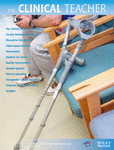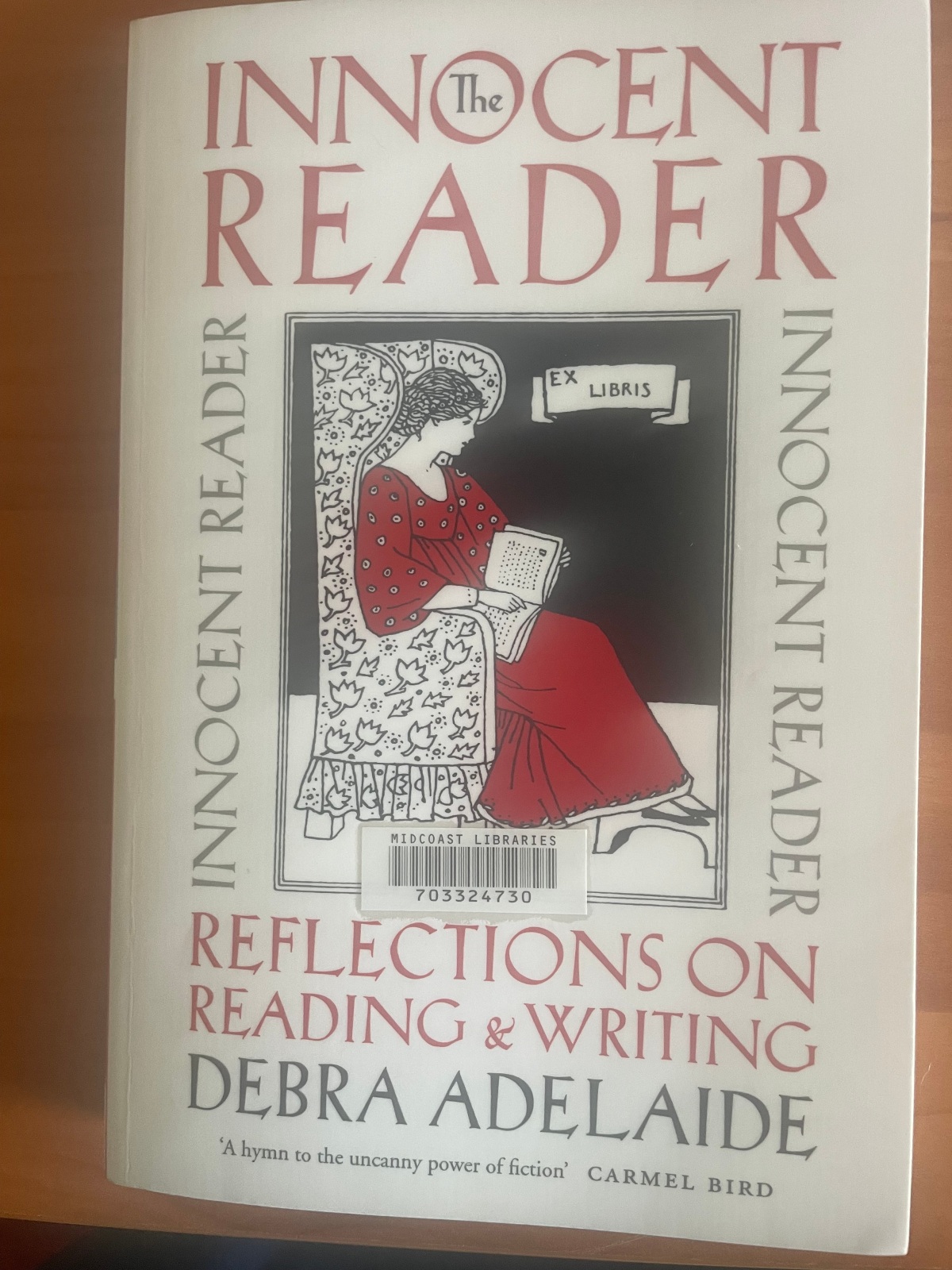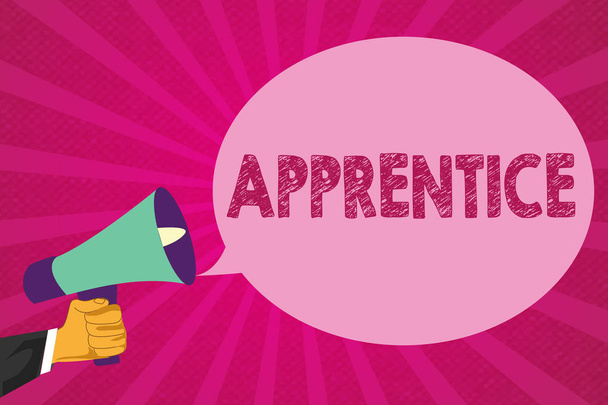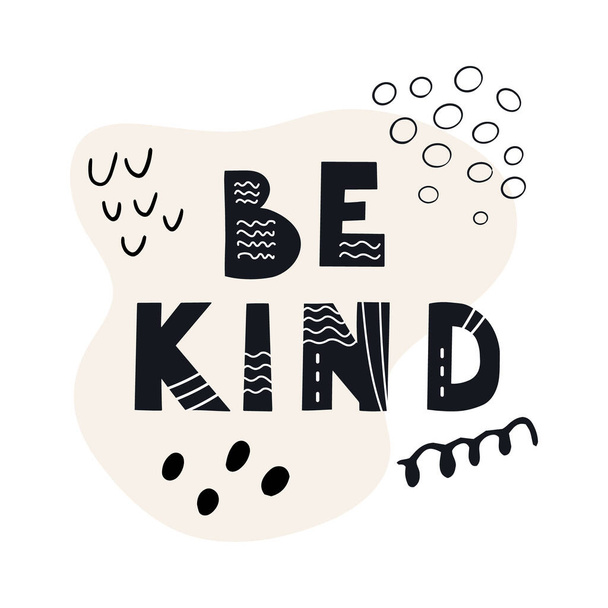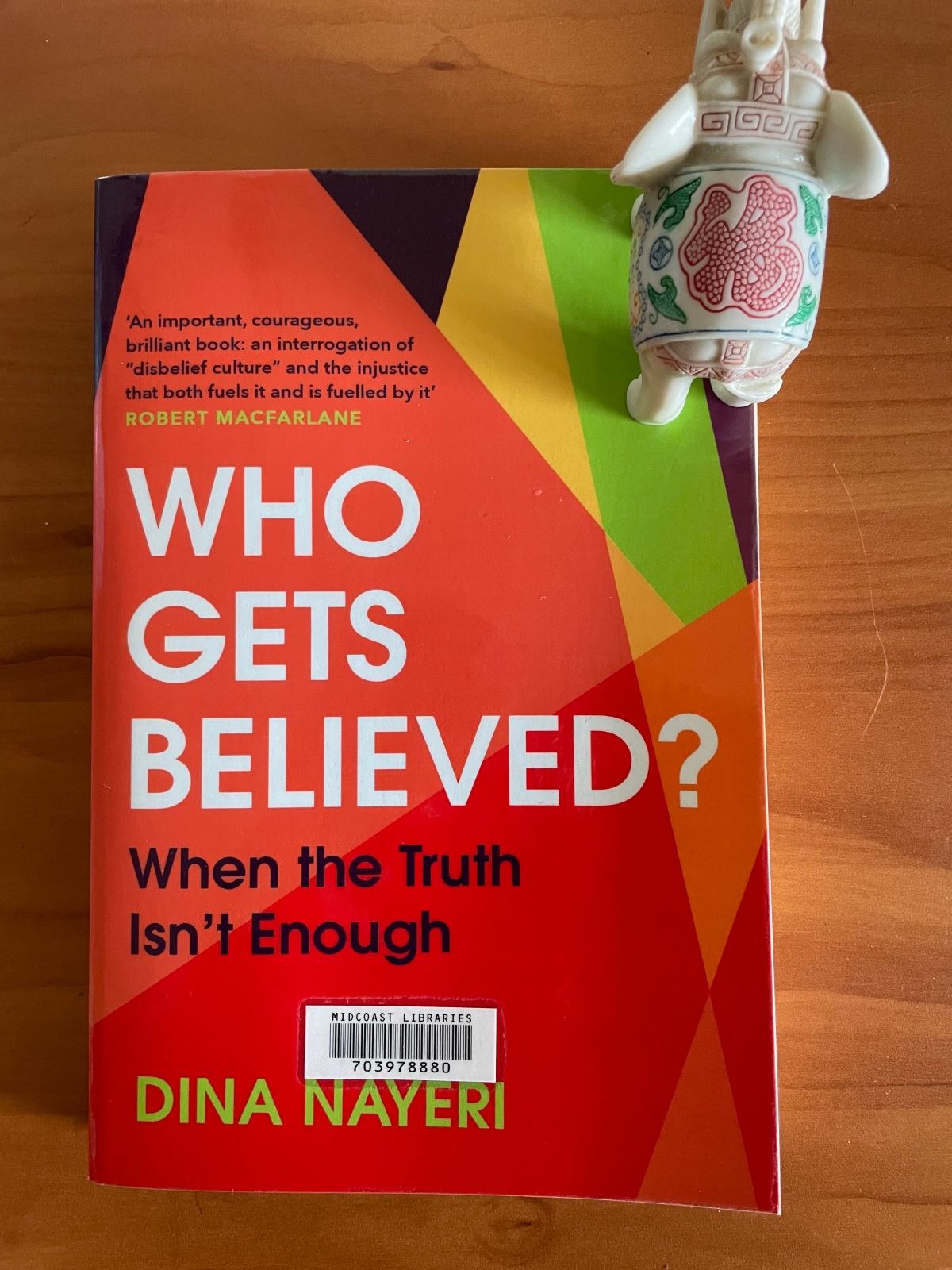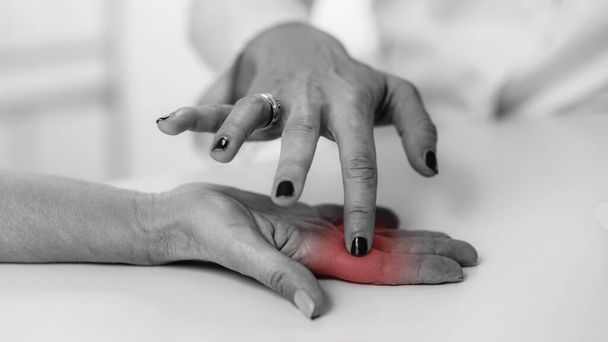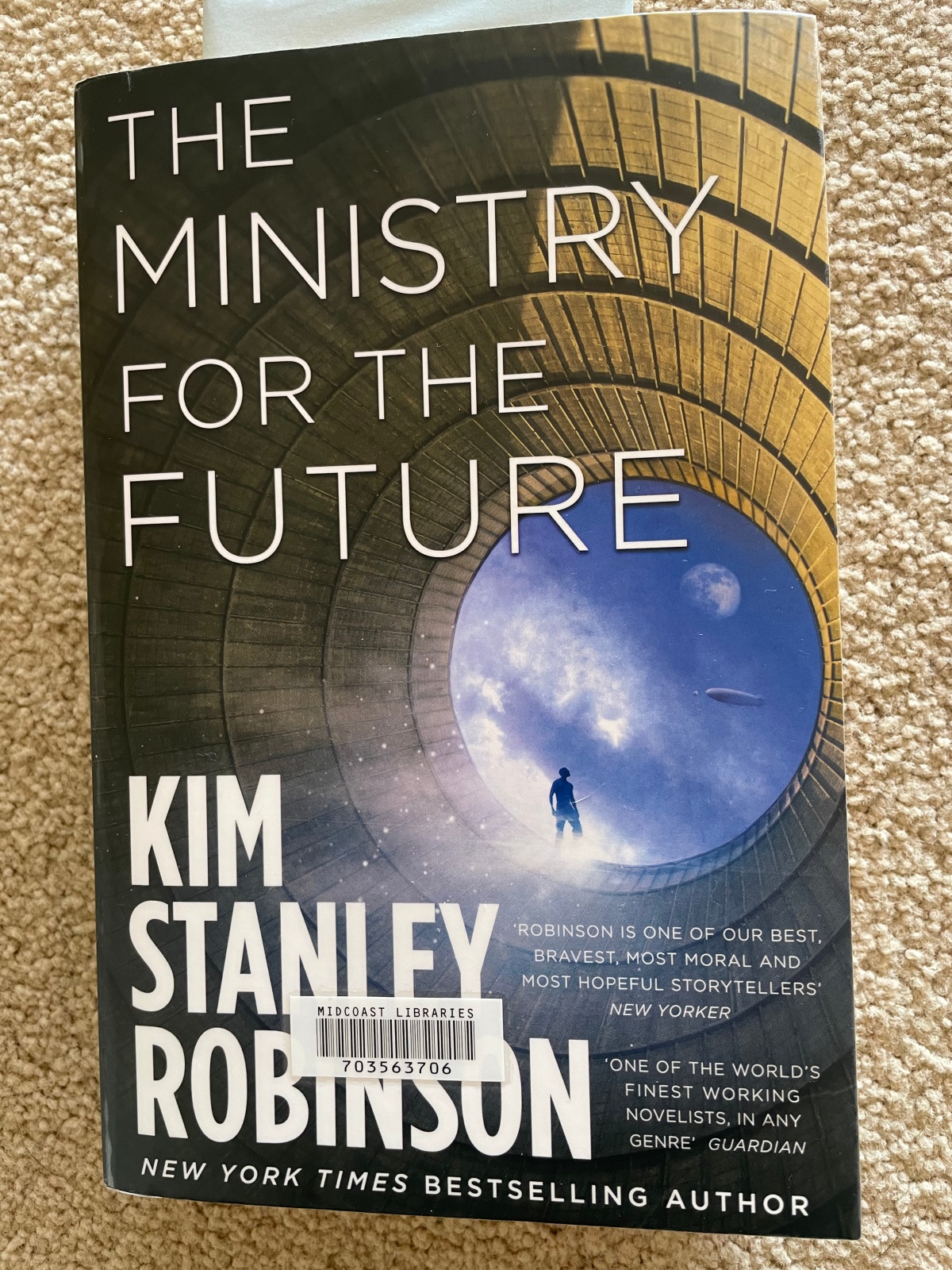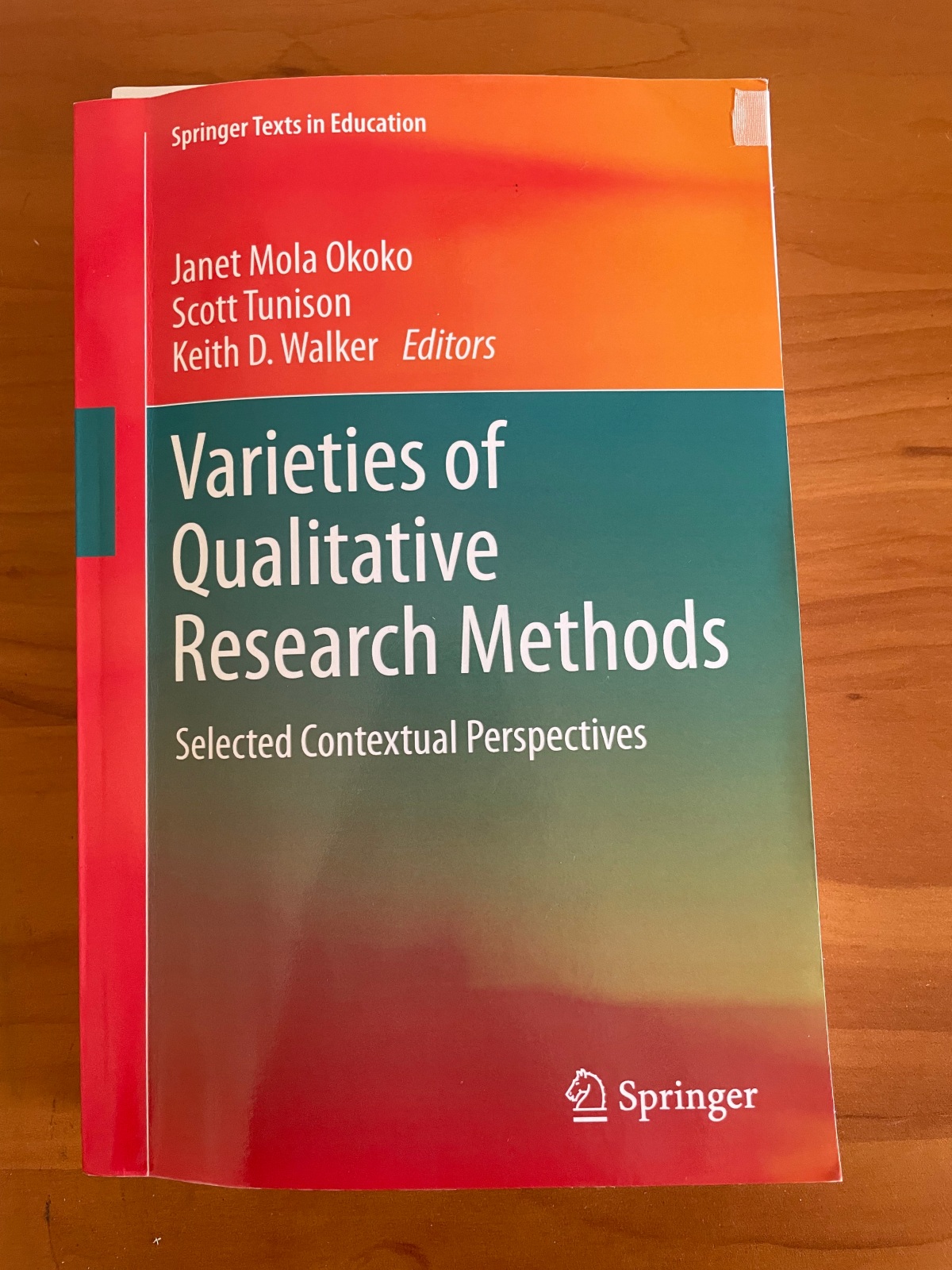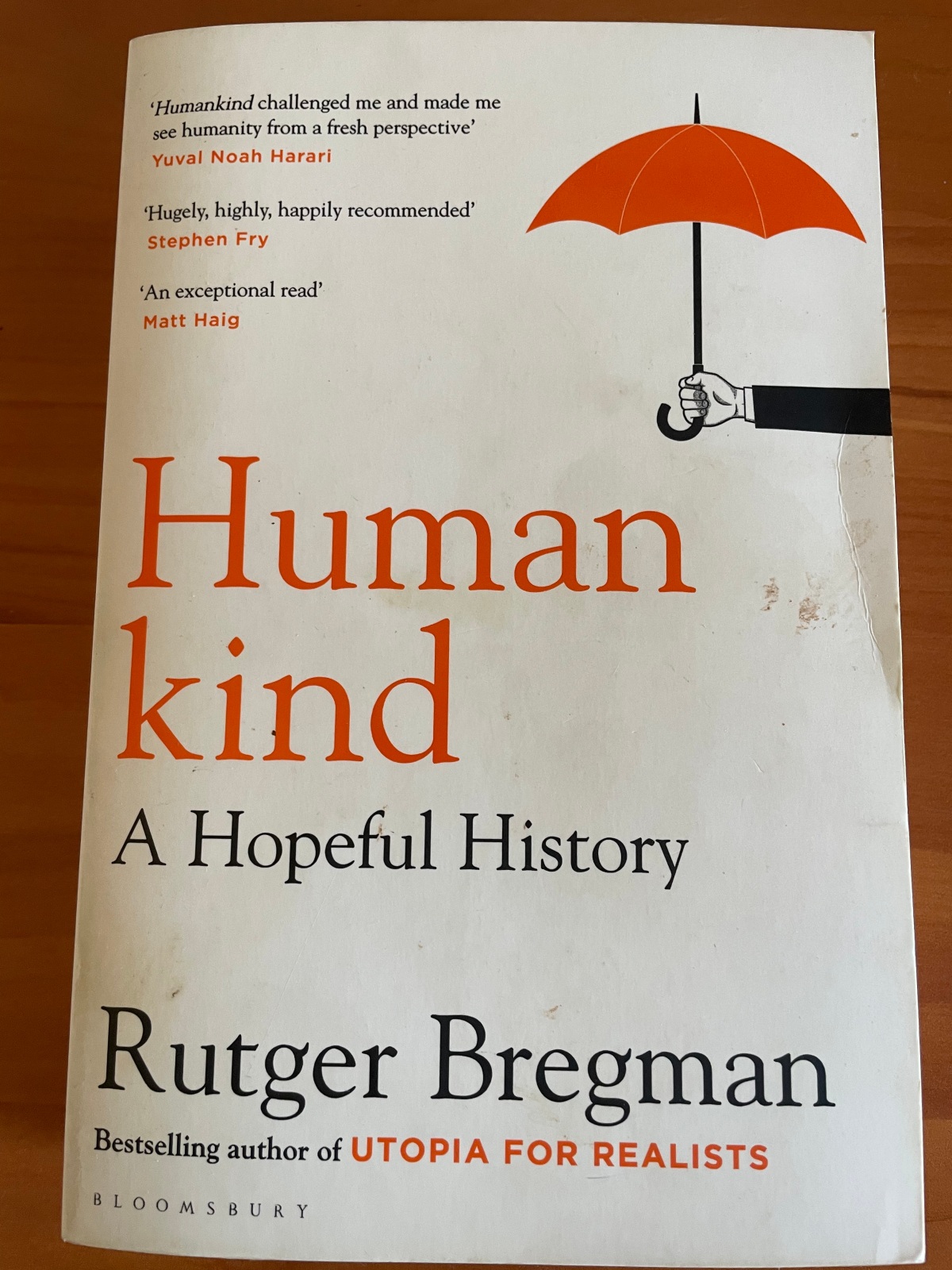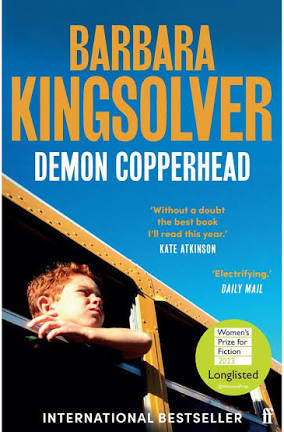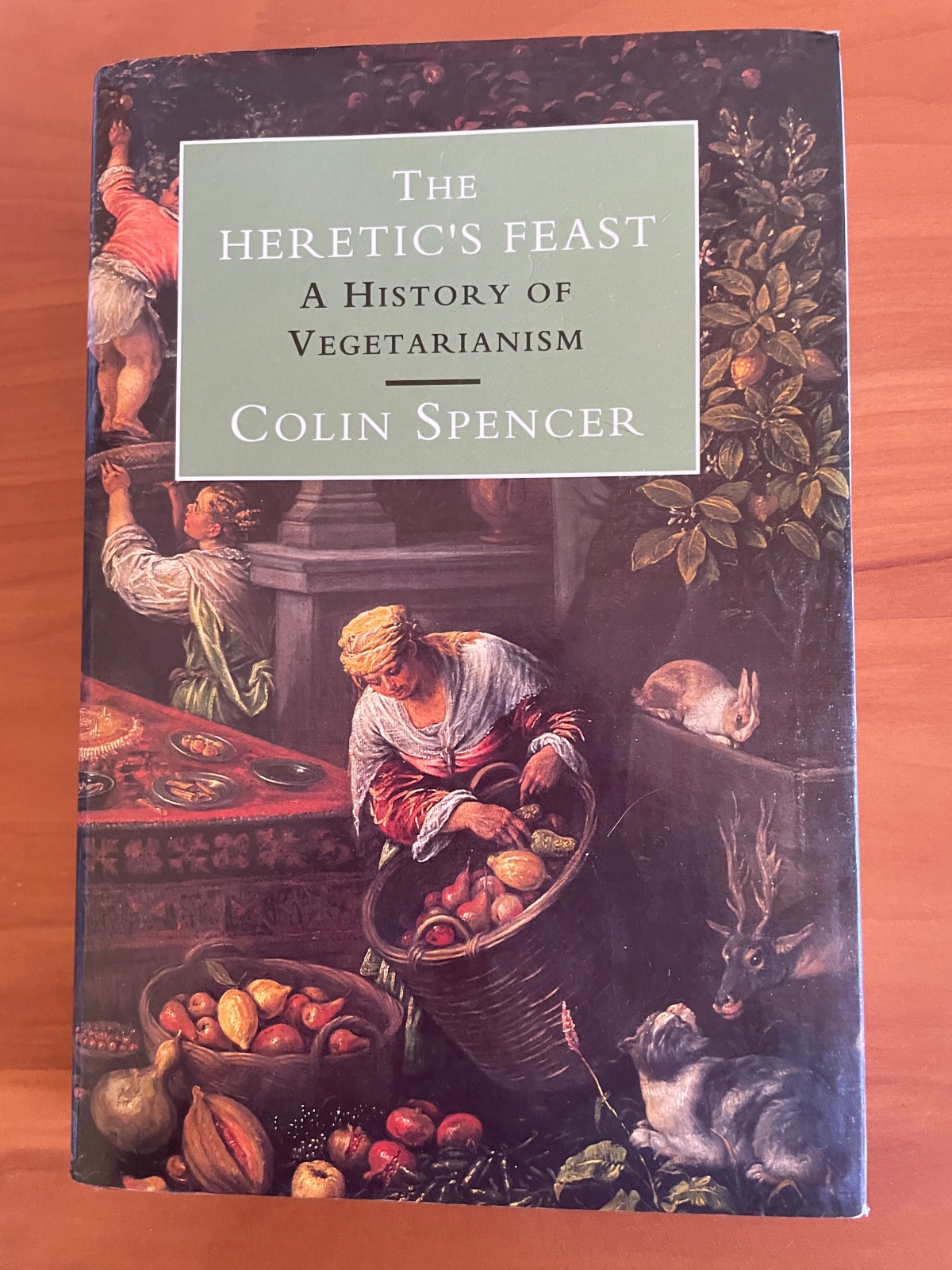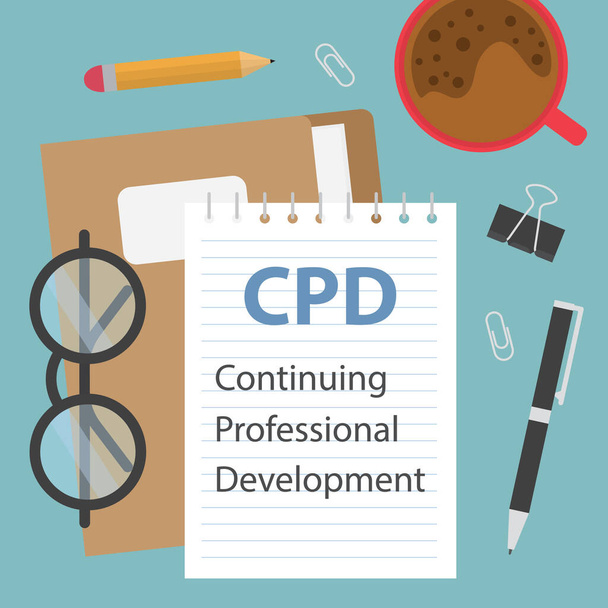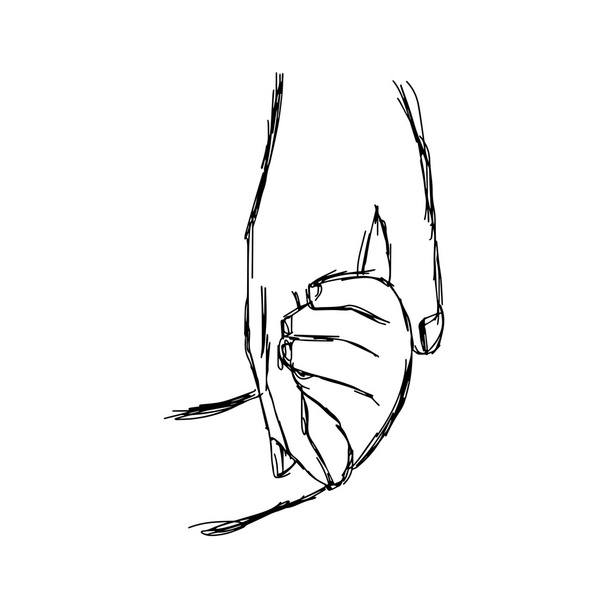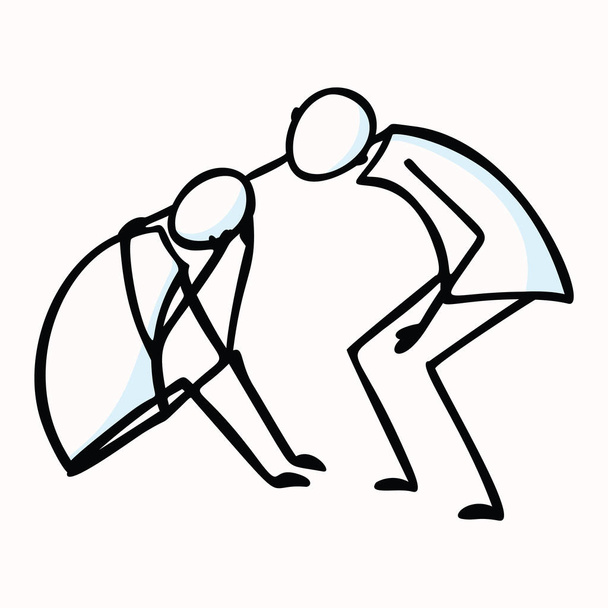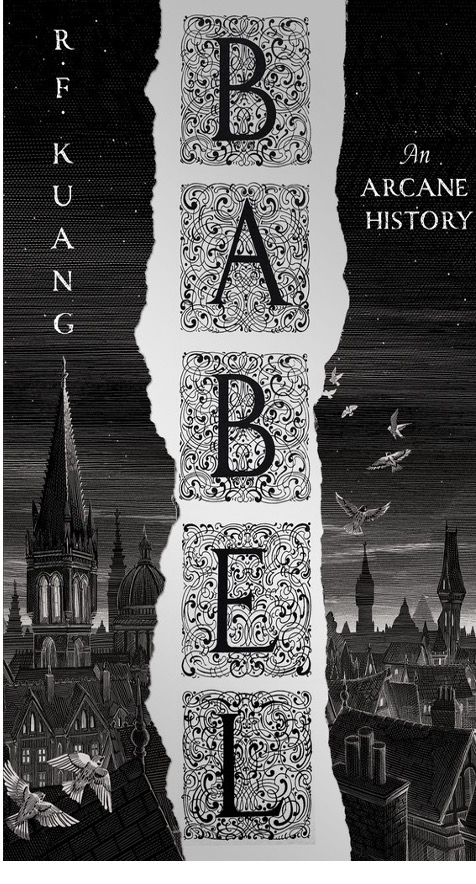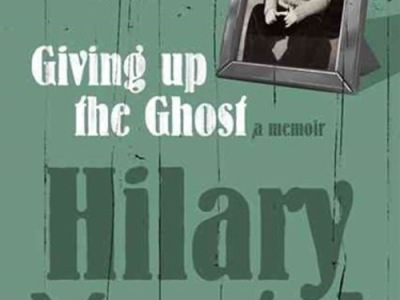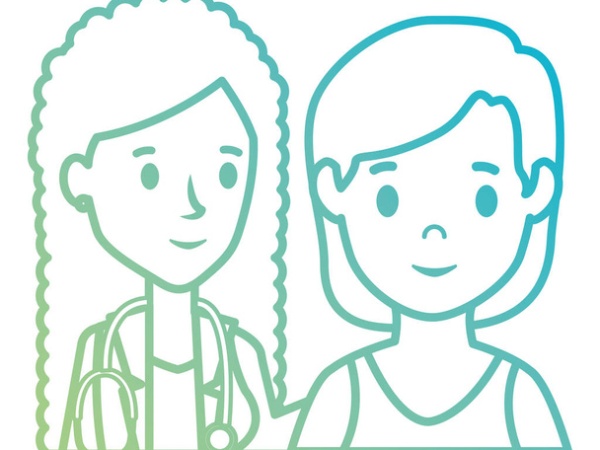I have been a healthcare professional for over 40 years and a healthcare educator for 35 years. In this blog I consider the history of how healthcare professionals are educated and what implications this has for them, healthcare delivery and for consumers and patients. I write about my own experiences working in family medicine and as a healthcare consumer.
This blog and the articles are written to be of interest to learners, health professionals and patients/consumers. I would love to have feedback on the contents – comments can be made at the end of blog posts or via Twitter.

About this blog from Jill Thistlethwaite
A few words on words.
Health professions include but are not limited to nursing, midwifery, medicine, physiotherapy, occupational therapy, pharmacy, psychology, radiography…
As a medical doctor, I learned to use the word patient. In English, patient derives from the Latin ‘patior’ meaning to suffer or to bear. Dictionary definitions imply that patients are (passive) recipients of medical treatment or are under health care because of illness. Other health professions refer to clients or service users as well as patients depending on the context. I also use health consumer as consumers make choices and are involved in decision making. Consumers may also be family members and carers.
About me
A GP and an educator
I’m Jill – born in Manchester, I trained as a doctor (physician) in the UK at University College London 1975-81. After one year as an intern (house officer), I entered general practice (family medicine) training, which lasted three years. I was a GP in Yorkshire at a large practice with about 18000 patients, and also became a trainer/supervisor for GP trainees. In 1996 I started in academia, working at the University of Leeds Medical School as a senior lecturer. In 2003 I moved to Australia, where I worked as a GP as well as a medical educator. Since then I have worked in a number of medical schools and more recently at the Health Education and Training Institute in New South Wales.
My passion is interprofessional education (IPE) – that is the education of different health professionals together rather than professions learning their roles separately. See the IPE block for more information and the importance of teamwork in health care.
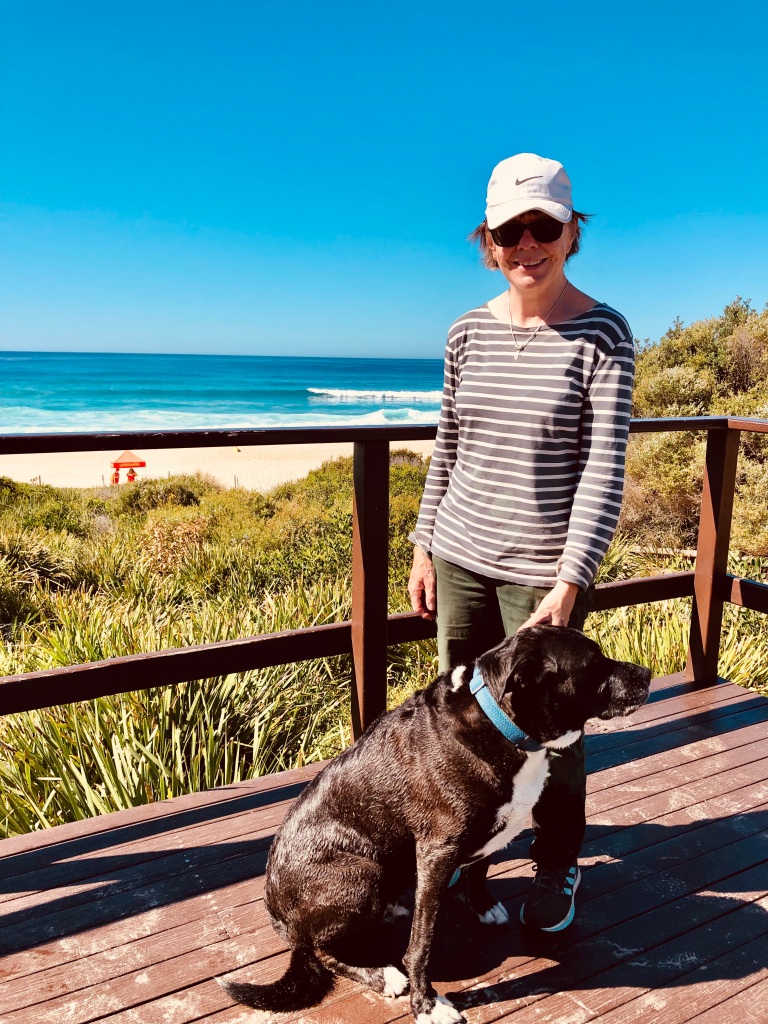
My interests
- Interprofessional education (IPE)
- Interprofessional practice and teamwork
- Professionalism
- Communication skills
- Shared decision making
- Women’s health
- Health literacy
- Involving patients and consumers in health professional education

Blog
I write therefore I read
I read with some discrimination but across genres, eras, platforms, and quality. Writers need to be readers, to understand the cadence of language and the underpinnings of syntax. It helps if writers love reading rather than embrace it reluctantly because they mainly want to write, or rather to publish. Reading the work…
Keep readingPlus ça change: apprenticeships in health professional education
The medical apprentice was a familiar figure in in the UK in the 18th century: hundreds of young men voluntarily attending lectures, dissections and bedside/shop-based teaching. Surgeons and apothecaries trained by apprenticeship and received some payment depending on the work they provided. The higher socially ranked physicians had a university degree, and some…
Keep reading‘Be mine’: a carer’s experience of dying
The act of dying is an event all humans face: it may take time or be over quickly without warning. Many health professionals have intimate experiences of others’ deaths, and many remember the first time they saw a patient die. In the last few years several books have been published on dying…
Keep readingTreating people with kindness
‘Treat people with kindness’[1]: possibly the UK’s General Medical Council (GMC) has been listening to the Harry Styles song on repeat. It has updated its Good medical practice guidance, which will come into effect on 30 January 2024. In section 23 doctors are instructed that they ‘must treat patients with kindness, courtesy and respect.’[2] Moreover, they…
Keep readingWho gets believed? When the truth isn’t enough.
Reconsidering testimony and narrative as performance. The author, Dina Nayeri, was born in Iran. Her family, who were refugees due to her grandmother and mother’s conversion to Christianity, eventually settled in the United States. This is a powerful book that examines how stories are told, and who decides on what is ‘truth’ and…
Keep readingTouch, trust and training
Recent articles in the academic and lay press reported sexual misconduct by the medical profession, particularly male surgeons behaving badly to female colleagues.[1] Such behaviour is not confined to working relationships. Inappropriate language and touching also occur in patient-professional interactions. While notifications to medical regulators may be rare,[2] many incidences including sexual assault…
Keep readingClimate and community
The health and social effects of climate change and weather events are gradually being recognised as crucial additions to health and social care professional curricula. I am writing this review as the first weeks of spring in Australia are breaking records for temperature with levels about 4 degrees C above the…
Keep readingThe richness of qualitative inquiry
There was little curriculum time for learning about research during my medical program. Rather, in the first two years as students, we spent time carrying out experiments on tissues, the results of which were already known. Many rats were sacrificed to help us learn laboratory techniques but nothing that seemed relevant to later…
Keep readingHumankind – now for some good news?
Are humans fundamentally selfish or kind? That is the question posed by this ‘hopeful history’. Brought up a Catholic, I was told that babies are born already marked by original sin. Later, thanks to Richard Dawkins, that humans have a selfish gene and what may be perceived as altruistic behaviour is still self-serving. …
Keep readingDemon Copperhead: disadvantage and resilience
While this retelling of Dickens’ David Copperfield has a strong thread running through it of the devastating effects of OxyContin on communities, it offers so much more than that. I recently reviewed Empire of Pain by Patrick Radden Keefe, the story of how the opioid crisis in the United States unfolded with Purdue Pharma’s…
Keep readingHealth literacy: don’t just leave it to the individual.
Bowel, intestines, colon, stomach, guts, abdomen: different words with different meanings but often conflated to mean an area somewhere below the chest and above the hips. If a patient says they have a pain in the stomach, of course you ask them to point to where the pain is. But when a health…
Keep readingTime to confer
It seems to be conference season again with several major health professional education meetings taking place this mid-year. Then again, thinking of the number of conferences across disciplines advertised globally each week and the tweets from conferences I read, probably not a day goes by without a gathering of academics and…
Keep readingA fascinating history of food and choices: we need to know more about nutrition
Do health professionals have sufficient knowledge about nutrition (apart from dieticians* )? Mostly, we have knowledge about broad areas relating to food groups, what is ‘healthy’ and what is not, though ideas and evidence about the ‘ideal’ diet change rapidly. Diets come and go in fashion, with those that purport to aid weight…
Keep readingContinuing professional development: what, when and how?
Health professionals need to be lifelong learners. We need to keep up to date with new developments in our fields while maintaining relevant skills such as communication, procedures and patient safety. To continue to be registered or accredited within one’s profession, most professional bodies in most jurisdictions expect evidence of learning and…
Keep readingThe ‘new’ apprentices
Apprenticeships in health care are trending. The NHS (National Health Service) in England is considering an apprenticeship model for training aspiring doctors and nurses to help alleviate workforce issues.[1] The BBC is calling this a radical plan though it has been the training approach for some health professionals in the past. Indeed, clinical education…
Keep readingRitual
Whatever one may think about the purpose and utility of royalty in the 21st century, the coronation of Charles III was a magnificent but eye-wateringly expensive spectacle. It may be the last of its kind in the UK, and I do feel that Australia will become a republic before too long. This was…
Keep readingWhither professionalism?
Towards the end of the last century, health professional educators began to take a greater interest in the topic of professionalism, and related concepts such as professional development and professional behaviour. Courses such as ‘personal and professional development’ (PPD), for example, were introduced into medical curricula and the number of published articles…
Keep readingHow do you solve a problem like feedback?
Feedback – health professional educators and learners discuss feedback regularly. The literature on the subject is large. Yet we still don’t seem to be able to get it right or get the outcomes we want from the feedback processes we use. I attended an online presentation this week on feedback, which also asked…
Keep readingThe Patriarchs by Angela Saini
When I was applying to become a GP partner in the late 1980s, general practice was a popular career choice for doctors in the UK. Competition was fierce. Each week I typed five or more letters to practices advertising in the British Medical Journal for new partners. After a few months and some interviews, it…
Keep readingShared decision making: it takes two
Of the many articles I read each year, only a few have an immediate and lasting impact on the way I practise. Two papers had a great effect on me as a GP and educator in 1999. The topic of both was shared decision making. I am from a generation of medical…
Keep readingRCTs in education: yes, no or maybe?
Health professional practice is both a science and an art. Students learn about the scientific method and how medical knowledge is advanced through experiment, research and evaluation. Randomised controlled trials (RCTs) are a gold standard approach to gathering evidence as to whether treatments work and for whom. Treatments here may mean drugs (or medicines),…
Keep readingBad news and emotions: caring for others and self
Sometimes it seems that there is only bad news and on days like those it is harder to remember the heart-warming events of my health professional life. Distressing episodes are more likely to pop into my mind and are more poignant. My earliest memory of having to break bad news as a…
Keep readingConstructed Truths – true or fake?
As a GP, a generalist health professional, I know a little about a lot. At my age, I have perhaps forgotten more knowledge than I have retained, or at least it is not as easily retrievable. In addition, some of the knowledge I have had has been superseded by new knowledge, new facts,…
Keep readingGood news, bad news: who decides?
A woman sits down and says: ‘I’m pregnant’. Pause. Context is so important here. How I respond is likely to affect our person-professional relationship, perhaps for some time. Is this good news or bad news or perhaps she hasn’t decided yet? One definition of bad news in the health care setting is ‘any news that…
Keep readingEmpathy: Underpinning practice but vulnerable to stress
Look at most lists of the attributes of a good health professional and you are sure to find empathy. Ask a student to define empathy and you are likely to hear varying answers. In addition, there is frequently confusion between empathy and sympathy. As a desired attribute, there is pressure to assess for…
Keep readingImposter syndrome: complex & common?
Every so often there is a surge in articles in which well-known people talk about their experiences of imposter syndrome, also known as the imposter phenomenon. In the last few years we have heard from Taylor Swift,[1]Jacinda Ardern,[2] Tom Hanks,[3] and ‘the pain of parental imposter syndrome’.[4] The prevalence of the condition varies from 9…
Keep readingTesting times
Towards the end of the high school year in Australia, news programs cover the year 12 examinations that help decide a student’s career path, such as going to university. Students are filmed sitting at individual desks writing with pens on paper, just as I did at age 18 decades ago and just…
Keep readingGetting to know you…
How much should a health professional know about a patient or client? When I consult with a patient new to me and new to the practice, I know their name, address, gender and age but typically little else. When I see these bare demographic details on the computer prior to meeting the…
Keep readingBabel – big themes wrapped in an gripping story
This is a work of speculative fiction set mainly amongst the ivory towers of Oxford in 1830s England. Babel is one such tower, officially known as the Royal Institute of Translation, which is rich with silver rather than ivory. Herein is the industrial revolution, the opium wars in China and the…
Keep readingI can’t remember the first time I heard the term ‘clinical reasoning’, but it wasn’t mentioned when I was in medical school. We were brought up on the concept of the ‘differential diagnosis’, which was introduced by William Osler (1849-1919),[1] an English physician working in Canada who promulgated the then radical idea of…
Keep readingFirst do no harm – but to err is human
During my hospital-based training, a senior clinician advised me that it would be unlikely that I would go through my medical career without receiving any complaints about my work. He was right. As health professionals we tread the line between doing no harm and keeping patients safe, while being human and therefore…
Keep readingMud, burnout and doing our best
Before I knackered my knees, I was an ardent fell runner in the north of England (fells are rugged moor-covered hills). I even entered fell races, which could be quite competitive. The fell running community was mostly friendly but included an obsessive minority after personal bests at all costs. One time I was nearing…
Keep readingLanguage, context & communication
I am learning Italian. A new language is difficult at my age but also a good exercise for the brain. The app I am using is a fun way to tackle the basics, with exercises that include listening to sentences and then translating them. This reminds me how easy it may be to listen but difficult…
Learning from stories: ghosts and devils
Humans love stories. We love both telling and listening to stories. People particularly seem to like stories about health and illness, and about real and fictional health professionals doing their jobs. Television, film and literature are awash with medical dramas and autobiographical narratives that influence the way health care is perceived. Health professionals like to swap stories of…
Let’s talk about sex(ual) history
Looking back in disbelief at my early years as a GP, I wonder how it was ever possible to have a 10-minute consultation for a first contraceptive pill prescription.
My training to be a GP: at medical school
In the 1970-80s we had about 4 weeks of general practice during the whole 5 years.
University College London – pic from UCL

Interprofessional education
Click on the heading to learn about IPE and why it is important for modern healthcare. Complex and chronic medical conditions are best managed in partnership with the patient/consumer with a team of different health professionals working collaboratively.
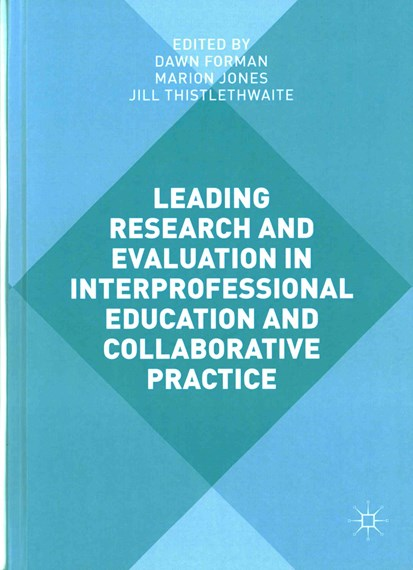
Integrated care
The link is to an open (free) access article on integrated care and interprofessional education from 2022 published in the journal The Clinical Teacher, which I was editor of from 2014 to 2020.
https://onlinelibrary.wiley.com/doi/epdf/10.1111/tct.13552
I consider what integrated care is and what is required to help it happen.
